A franchise loan is a type of business loan designed to help you purchase (or set up) an outlet of a business franchise like McDonald’s, Chemist Warehouse or Officeworks. They work similarly to a standard business loan to buy an existing business, but they do account for some of the unusual features of franchises.
Franchises are regarded as an innately less risky business model as far as lenders are concerned, because you’re working with a tried and tested business model and generally a well-known brand. As such, franchise loans often come with better interest rates than you might get buying an independent business.
Why apply for a business loan with Savvy?
Expert brokers
You can speak with one of our specialist commercial brokers who can walk you through a range of loans to best suit your company's needs.
Over 40 lending partners
You can compare business loan offers, through a range of trusted lenders, maximising your chances of a great rate.
Fast online process
You can fill out our simple online form to generate a free business finance quote within minutes. You can also come back to it at any time.
Business lenders you can compare


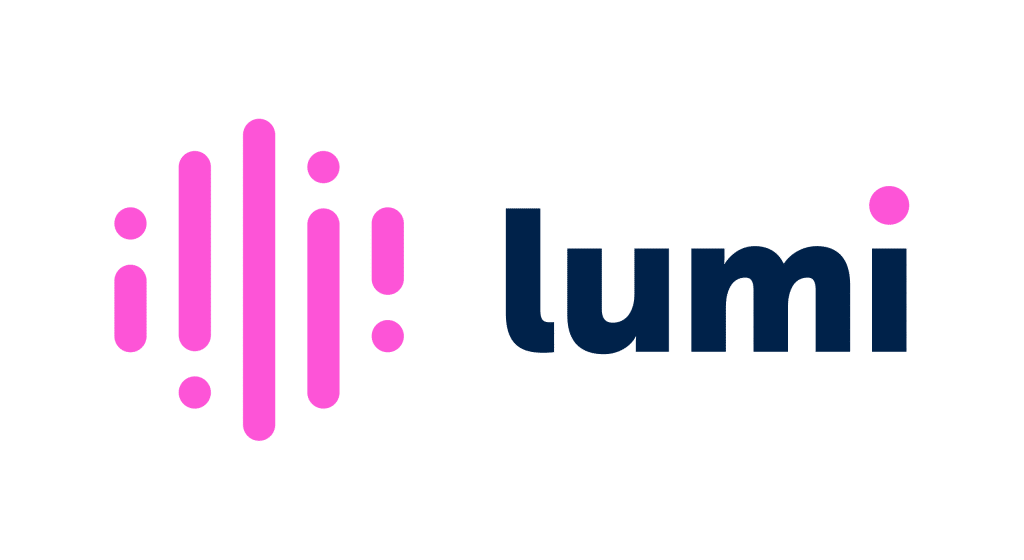

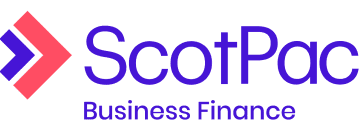


How do franchise loans compare to traditional business loans?
So, what sets franchise loans apart from more traditional finance to buy a business, and how should you compare your business loan options? Franchise loans have a few distinctive characteristics:
- The business has more value to a lender – When borrowing to buy a business, the current success of the business is considered. Franchises are highly regarded here, as franchising indicates an inherent level of financial success to merit multiple locations.
- You can borrow more of the overall value – Because franchises are considered a safer investment (given that you’re buying into a business with a proven track record), lenders are willing to offer a larger proportion of the business’ overall value compared to an independent business purchase.
- Higher minimums for some lenders – Franchise loans often deal with large amounts, which means some lenders can have very high minimum amounts compared to a more conventional business loan – potentially in the range of $100,000. Other lenders have lower limits, but there are still fewer options available for smaller franchise loans.
- Loan terms often capped with the lease – Franchises often operate on property that’s leased rather than loaned outright; purchasing the business might not mean purchasing the property as well. As such, franchise loans can often have short loan terms (often five to ten years), as the term is often tied to the remaining time left on the lease. This might not be an issue for an unsecured franchise loan, which might already have a shorter loan term than that.
- Might only be available for specific franchises – Some lenders have lists of specific franchisees which they’ll offer franchise loans for. This means the list of potential businesses you can purchase with a franchise loan is relatively small compared to a more traditional business loan.
How much can I borrow with a franchise loan?
Franchise loans are available as both secured and unsecured business loans – depending on what assets you can bring to the table as collateral. Standards vary from lender to lender and things like credit rating will come into play but, as a general rule, you might be able to borrow around 50% of the value of the franchise business with an unsecured loan and between 50% and 70% with a secured loan.
The loan will cover most of the basic expenses associated with the franchise – including the stock, assets, franchise fees and training costs – but obviously you need to contribute the remaining 30%-50% of the funds.
In some cases, if the franchise outlet you’re purchasing is well established and you have a substantially larger-value property or other franchise outlet to use as security, you might have even more lending power of up to 100% of the value of the franchise.
Pros & cons of buying a franchise vs an independent business
Pros
-
Established brand
With a franchise, you’re purchasing a brand that’s already well recognised and often very popular. You don’t need to build brand awareness, as you already start with it.
-
Wide customer base
The brand you’re buying into doesn’t have to be a local name – franchises can potentially be popular nation-wide. This means your market is much wider than locals who know you, so visitors from other regions or even other states will know and appreciate your brand on sight.
-
Marketing and advertising
With a franchise, the majority of the marketing is already done for you, often including things like television campaigns that might be well out of reach for an independent business. These marketing costs are generally fixed (as part of the franchise fee) and you generally get a lot of value for money from that investment.
-
Staff training
Generally the franchise will have its own training program for staff, which is often handled by the central office. This takes a lot of effort off your shoulders.
Cons
-
Less control
Many people buying a business do so hoping to build something uniquely theirs, or see some idea realised. With a franchise, you often don’t have much control how the store runs or what you’re selling – you're working with someone else’s vision.
-
Substantial franchise fees
You get a lot for your money when you’re paying franchise fees, but that doesn’t mean the fees aren’t substantial – often tens of thousands of dollars annually, or more. You don’t get the option of cutting back on advertising for a little while when things are tight, either.
-
Detailed requirements
Franchise businesses will generally have very strictly-defined models of how they’re set up and how they operate. There’s a lot of work involved in understanding all these requirements and ensuring customers walking into your franchise are getting the experience they expect.
-
Single business model
Franchises generally have a single, one-size-fits-all business model that works in many – but not necessarily all – situations. You don’t have much flexibility to adapt your business model if it’s no longer working well for your business’ situation.
Types of business finance
WHAT OUR CUSTOMERS SAY ABOUT THEIR FINANCE EXPERIENCE
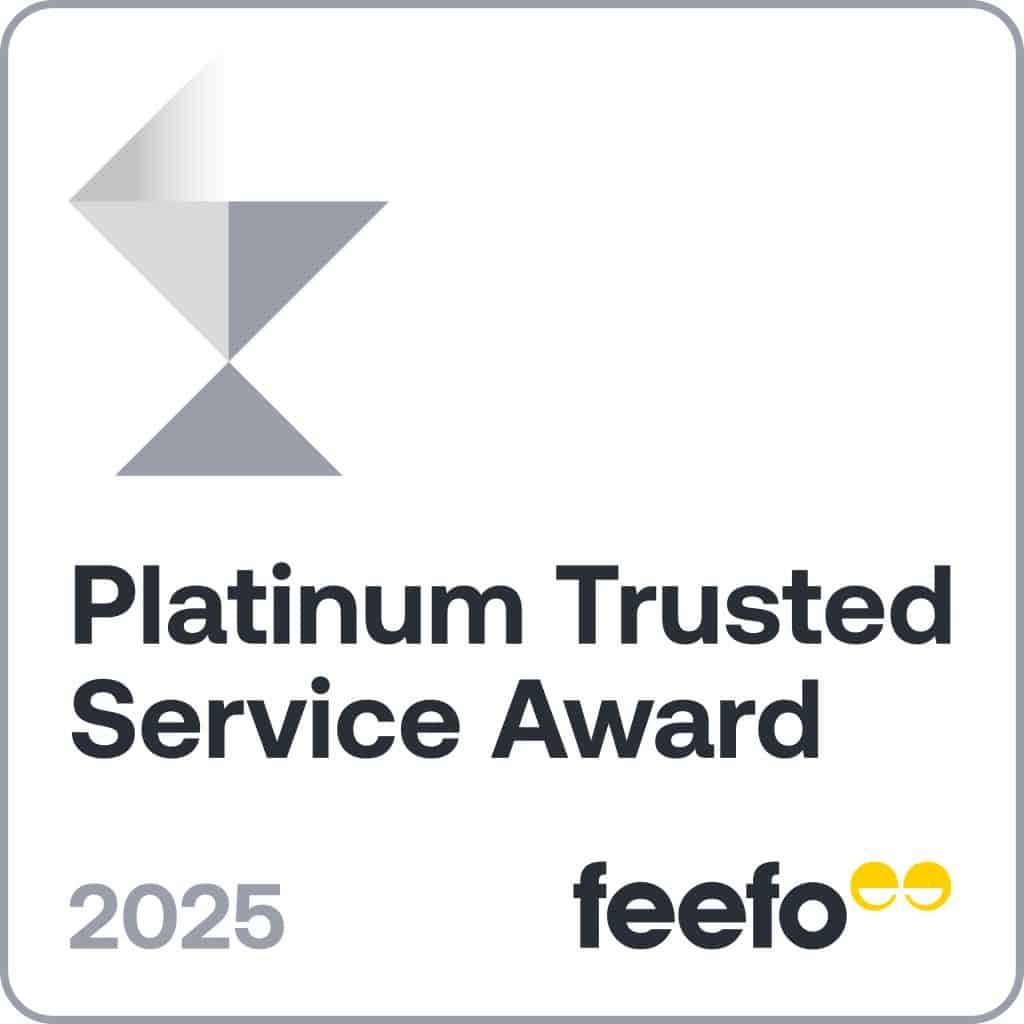
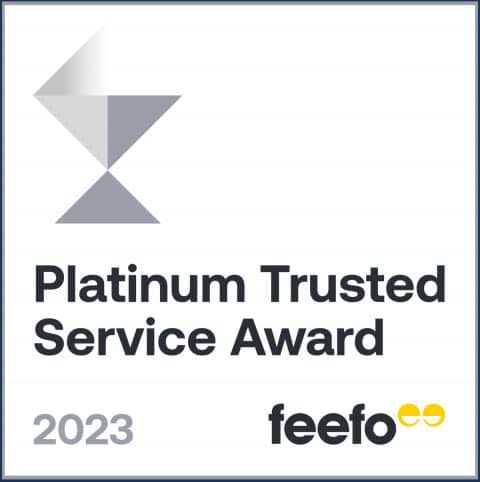
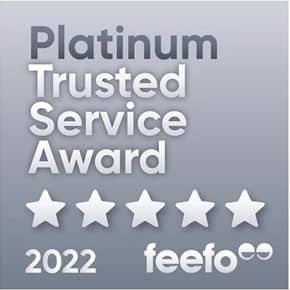
Savvy is rated 4.9 for customer satisfaction by 6324 customers.
Crunch the numbers
with our business loan repayment calculator
Your estimated repayments
$98.62
| Total interest paid: | Total amount to pay: |
| $1233.43 | $5,143.99 |
Applying for a business loan
-
Review your lender’s criteria
Make sure you’re eligible to borrow. You’ll need to have been trading for at least six months, with some requiring a minimum monthly turnover of $5,000.
-
Gather your documents
Different lenders will require different documents, but you’ll need your ABN, GST, personal identification and select business financials for larger loans.
-
Apply and sign your contract
You can fill out your application form and submit it with your documents for a fast outcome and, if successful, your lender will send you a contract to sign.
-
Funds in your account
Once you’ve returned your contract, your lender can release the funds directly to your listed bank account, after which you can use them how you wish.
-
Sign your contract and settle the deal
Once you receive approval, you’ll be sent all the required contracts and forms you’ll need to sign, which can be done electronically. We’ll handle settlement and your funds will be transferred once it's all wrapped up!
Business loan eligibility and documentation
Eligibility
-
Age
You must be at least 18 years of age
-
Residency
You must be an Australian citizen or permanent resident (or, in some cases, an eligible visa holder)
-
ABN registration
Have an ABN registered in your name (available from as soon as one day after registration)
-
Usage
Meet business usage requirements (at least 51% of any asset you buy, for example)
-
Credit score
You must meet your lender’s minimum personal and business credit score requirements
-
Commercial asset
If you're buying an asset with a secured loan, it must meet your lender’s requirements in relation to its type, age and condition
Documents
-
Personal information
Such as your full name, date of birth, address and contact details
-
Driver's licence
Front and back (or another form of government-issued ID)
-
Assets and liabilities
Information about your business’ assets and liabilities, as well as those in your name
-
Asset details
If buying an asset, information such as its model and age, is worthwhile having on hand
-
Business statements
Business Activity Statements (BAS) and business bank statements may be requested, but not always











